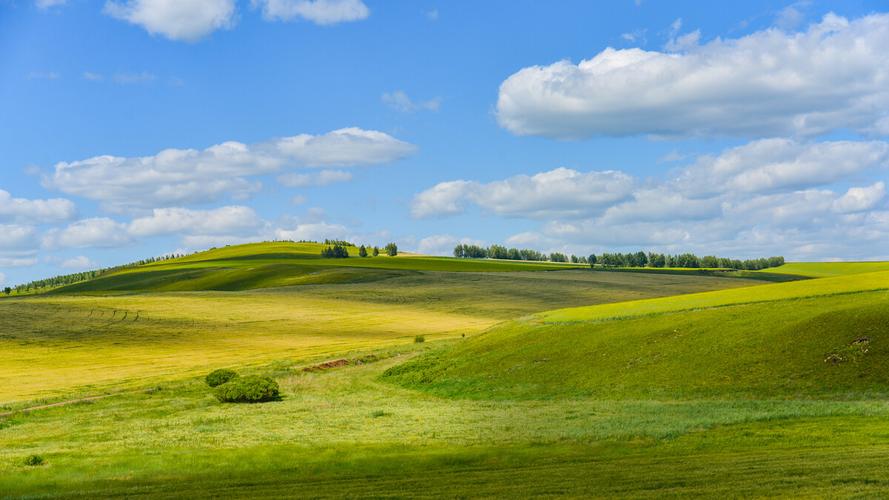Exploring Belgium’s Rich Cultural Traditions: From Carnival to Flanders Fields
Belgium is a land of festivals, food, and cultural heritage. Every year, this small yet fascinating country attracts thousands of visitors from around the globe. From the vibrant Carnival festivities to the haunting reminders of Flanders Fields, there is something for everyone to explore in Belgium.
Introduction
Belgium might be small in size, but it boasts a rich and diverse cultural heritage. As a melting pot of Germanic and Latin cultures, the country is home to several unique traditions and customs. In this article, we’ll take a closer look at two of the most notable aspects of Belgian culture: Carnival and Flanders Fields. We’ll explore the history, significance, and present-day celebrations of these cultural phenomena.
Carnival in Belgium
Carnival is a time for excess, indulgence, and revelry. In Belgium, this pre-Lenten festival is celebrated with gusto across the country. From the parade of Gilles in Binche to the colorful floats of Aalst, Carnival is an explosion of color, music, and merrymaking.
The origins of Carnival in Belgium can be traced back to pagan and Christian traditions. In ancient times, people would celebrate the end of winter and the coming of spring with lively ceremonies and feasts. Later, the Catholic Church incorporated these festivities into its calendar, linking them to the period of Lent. Today, Carnival in Belgium is a fusion of these historical and religious influences.
One of the most famous Carnival celebrations in Belgium is held in Binche. Here, the Gilles, a group of men dressed in elaborate costumes and masks, take to the streets to chase away bad luck and welcome good fortune. These colorful characters throw oranges into the crowds, dance, and perform age-old rituals that have been handed down from generation to generation.
Another popular destination for Carnival enthusiasts is Aalst, where a lively parade of floats, confetti, and satire takes place. Known for its irreverent humor and subversive political commentary, the Aalst Carnival is a true reflection of Belgian humor and free-spiritedness.
Flanders Fields
While Carnival is a celebration of life and joy, Flanders Fields is a sobering reminder of the realities of war and loss. Flanders Fields refers to the area in western Belgium where some of the deadliest battles of World War I took place. Today, it is a site of pilgrimage for those who wish to honor and remember the fallen soldiers.
The Flanders Fields Museum in Ypres is a must-visit for anyone interested in the history of World War I. The museum tells the story of the Great War and its impact on the people who lived through it. It also showcases artifacts, photos, and personal accounts of the soldiers who fought and died in the battles of Flanders Fields.
The most iconic symbol of Flanders Fields is the poppy. These delicate, red flowers grew on the battlefields and became a symbol of remembrance for the fallen soldiers. Today, poppies are worn on lapels all around the world to honor the sacrifices made during the Great War.
Conclusion
Belgium’s cultural traditions are as diverse as they are fascinating. From the joy and extravagance of Carnival to the somber reflection of Flanders Fields, there is something for everyone to explore and appreciate in this country. Whether you’re interested in history, art, or food, Belgium has something to offer. So go ahead, pack your bags, and get ready to explore this rich and enchanting land.
(Note: Do you have knowledge or insights to share? Unlock new opportunities and expand your reach by joining our authors team. Click Registration to join us and share your expertise with our readers.)
Speech tips:
Please note that any statements involving politics will not be approved.
